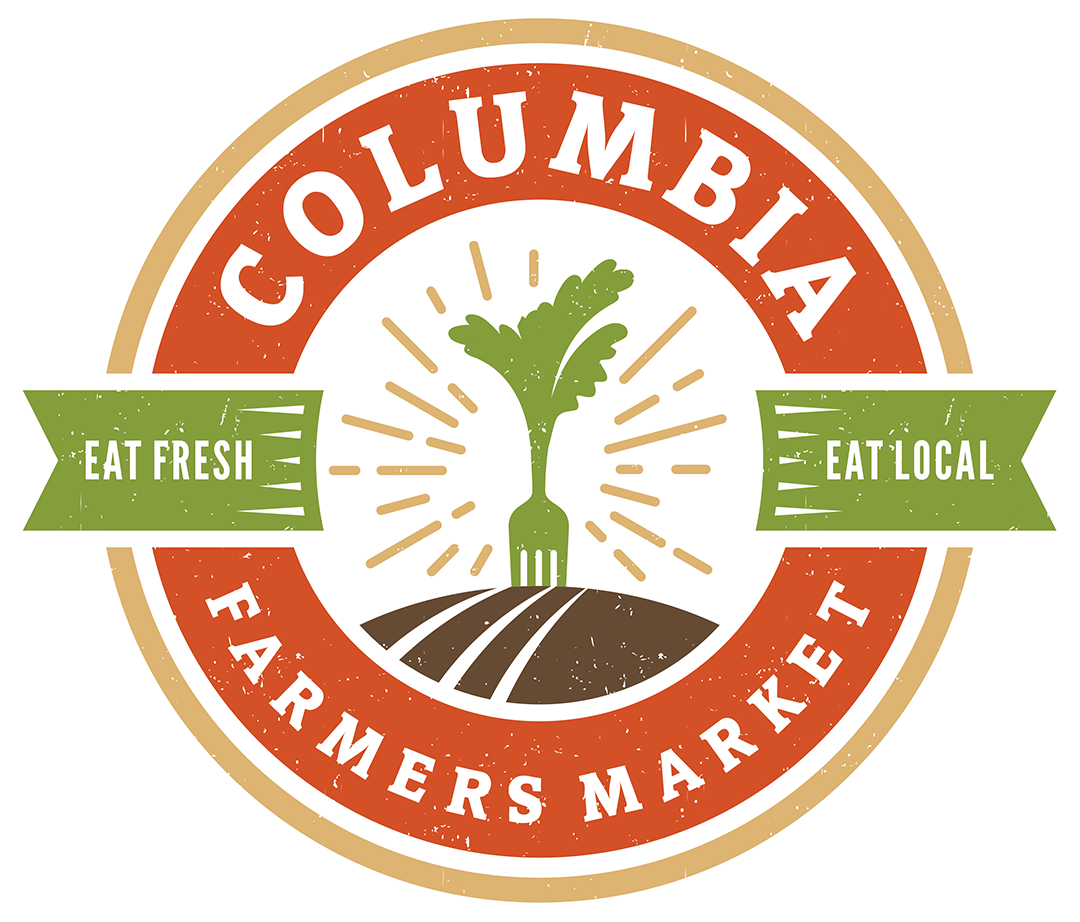


Abby Schultz cultivates a wild landscape. She and her son, Cody, grow native plants, shrubs and trees, herbs, fruits, and vegetables in Harrisburg.
“Everything we grow is chemical and pesticide free,” Abby said. In 2012, the mother-and-son team brought Native Blossoms & Wild Edibles to Columbia Farmers Market. As they sell native plants, Abby educates customers about their benefits.
Abby became fascinated with native plants while she pursued a wildlife degree at the University of Missouri. She went on to earn a master’s degree in biology at Ball State University. Native plants exist in a “complex ecosystem,” she said, “and depend on these symbiotic relationships.
“It is important to plant and re-establish native populations for our health, and for the earth’s health. I expanded into chemical-free, open-pollinated herbs, native seeds, and produce, to provide healthy plant-based foods that benefit us and our environment.”
Open-pollinated plants are genetically diverse, Abby explained. “Unlike hybrids, open-pollinated seeds can be saved and planted over and over again, thus allowing for specialized varieties to adapt to local conditions.”
Abby’s landscape is a sanctuary for native plants. Among the trees, herbs, and edible plants in her realm are more than 50 species of native trees and shrubs, including pin oak, wild blackberry, paw paw, wild plum, black oak, persimmon, and elderberry. Among the plants, roots, and herbs in her garden are wild ginseng, wild goldenseal, spiderwort, poppies, mallow, monkey flower, bee balm, milkweed, valerian root, turmeric, wild yellow honeysuckle, trumpet vine, passion flower, milkweed, various mints, wheat grass, thyme, basil, chives, strawberries, parsley, chamomile, and cilantro. She also grows chemical-free, open-pollinated tomatoes, onions, green beans, corn, peppers, zucchini, and spaghetti squash.
